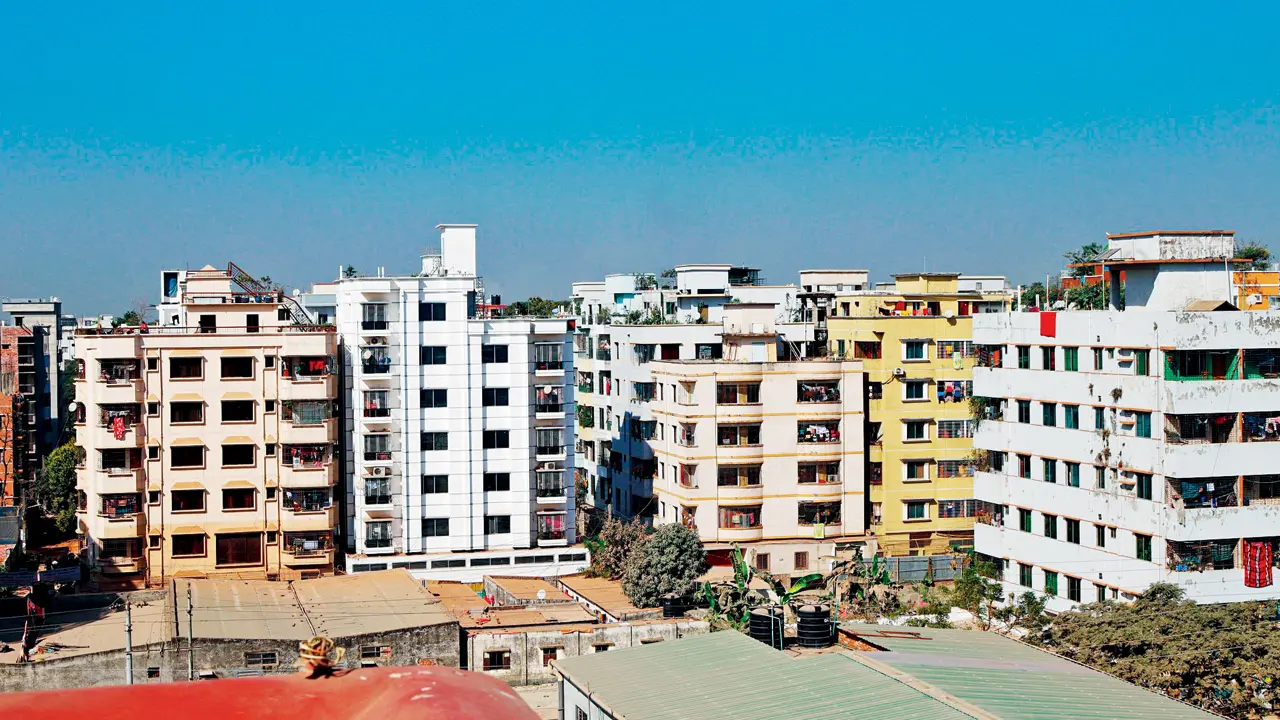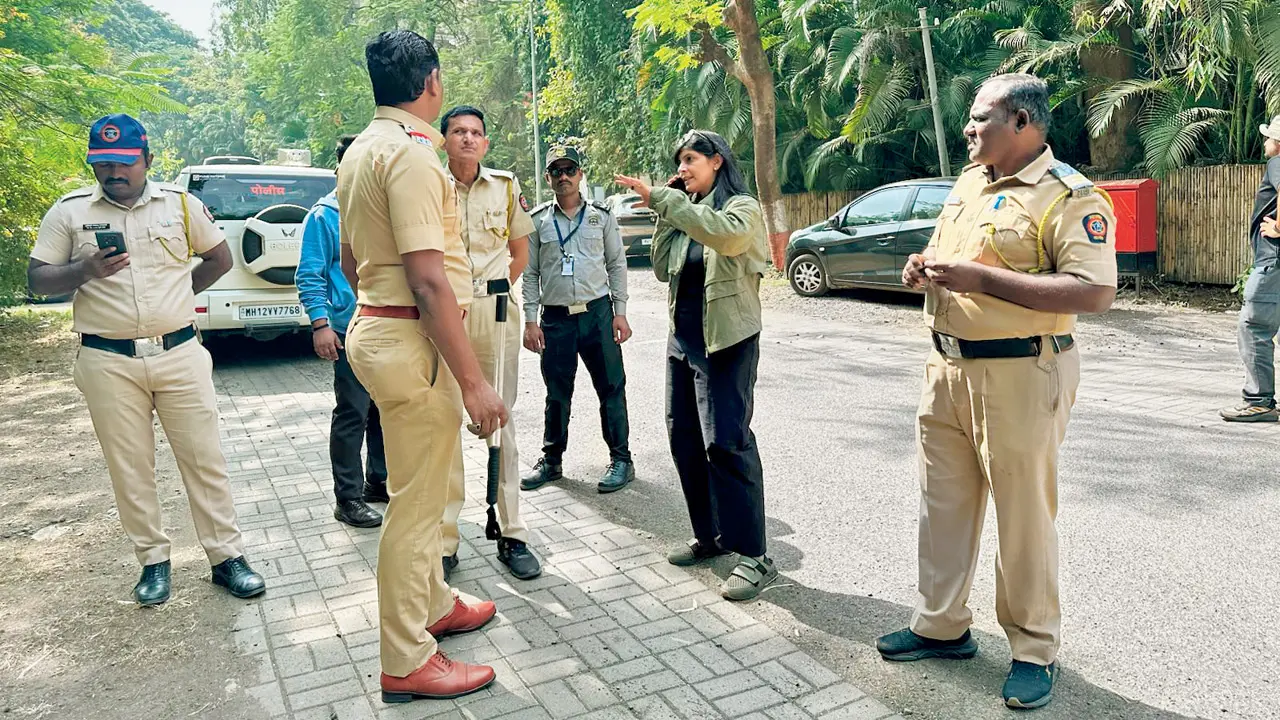In a bold move to protect homebuyers and ensure accountability in the real estate sector, the Maharashtra Real Estate Regulatory Authority (MahaRERA) has unveiled a new Standard Operating Procedure (SOP) for recovering compensation from developers. The new directive — issued under the guidance of the Bombay High Court — introduces strict measures to ensure that homebuyers receive timely compensation for builder defaults. MAhaRERA experts rue the fact that non-compliance applications are not dealt with sternly.
Delayed enforcement
Advocate Godfrey Pimenta, who practices in MahaRERA and is the trustee of Watchdog Foundation, said, “The SOP recently issued by MahaRERA to recover compensation from developers who flout its orders was long overdue. It is regrettable that, despite the provisions already outlined in the Act, this framework has only been implemented after intervention by the High Court.
Adv Godfrey Pimenta, trustee, Watchdog Foundation
Even when MahaRERA issues orders, developers frequently ignore them, and the authority has been sluggish in addressing non-compliance applications — a responsibility delegated to its Adjudicating Officers (AOs). These officers routinely grant extensions to developers to file replies and written arguments, turning what should be a straightforward process into a prolonged and tedious affair. These delay tactics by developers leave allottees in limbo.”
That said, despite the delay, the rollout of this SOP is a welcome development, but only if it is applied in both letter and spirit. Even after its issuance, the enforcement of recovery warrants via collectors and tehsildars has been painfully slow, sometimes stretching over two to three years. Worse still, there appears to be a lack of coordination between MahaRERA and revenue officials, which only adds to the frustration felt by allottees, Pimenta concluded.
Highlights of SOP
Imprisonment for defaulters: Developers who fail to pay compensation within 60 days of a MahaRERA order may face civil imprisonment for up to three months. This penalty aims to deter non-compliant builders and protect homebuyers from prolonged delays.
Asset disclosure requirement: Developers who do not comply with compensation orders will be required to submit an affidavit detailing their movable and immovable assets, bank accounts, and investments. Failure to do so could lead to further legal action.
Fast-tracked recovery: Homebuyers can file applications if compensation is not received within 60 days. MahaRERA will hear these cases within four weeks and take swift action to recover the amount, including asset seizure if necessary.
Court referral for persistent defaulters: If developers continue to evade compliance, their cases will be referred to the principal civil court of the respective area, where further actions, including imprisonment, may be pursued.
The new SOP aims to streamline the process of compensation recovery and provide quicker relief to homebuyers facing issues like delayed possession or substandard construction. MahaRERA’s stringent measures are designed to hold developers accountable, ensuring homebuyers’ rights are respected and enforced, said MahaRERA insiders.
Expert view
CA Ramesh Prabhu, founder chairman, Maharashtra Societies Welfare Association
‘The Bombay High Court and its members are very much upset with the execution of MahaRERA orders, as developers consistently fail to adhere to them. There are two main types of orders issued by MahaRERA. The first is for the recovery of money, such as delayed interest or compensation, and the other for refunds with interest. However, once these orders are passed, developers often either refuse to refund the money, file a review application, or take no proactive steps towards complying.
When homebuyers file execution applications, the hearing for enforcement of these orders typically starts only after a year, which causes further delays in delivering justice. In many cases, the District Collector’s recovery proceedings even fall into cold storage. The second type of order execution involves issues such as non-registration of agreements by developers, delays in handing over possession, and the execution of cancellation deeds for allottees who have defaulted on payment.
Despite these ongoing issues, MahaRERA has not taken proactive steps, which led to the High Court’s intervention, directing MahaRERA to appoint appropriate officials for the execution of orders. This direction, which aligns with the RERA Act and its rules, aims to streamline the process. By issuing this circular, MahaRERA has made it clear that aggrieved parties can now question the authority and demand accountability for delays in executing the orders. Currently, more than 2000 cases are pending for execution, highlighting the urgency of the situation and the need for stronger enforcement mechanisms.’











